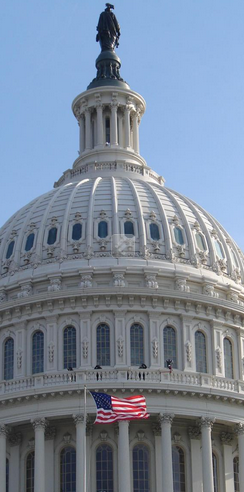Here is a summary alert explaining the initial impact of the government shutdown. The full impact will depend on how long the shutdown lasts: Government_Shutdown_2013
The shutdown is a separate issue from another looming crisis — the debt ceiling. Yes, the debt ceiling, again. According to Treasury Secretary Jacob Lew, unless Congress acts to raise the debt ceiling before October 17, 2013, it’s anticipated the United States will run out of funds and will default on its debts. More information here.
Be prepared that we are likely to have a significant increase in market volatility — wide swings on the markets from day to day — which can shake the nerves of even the most committed investors. But, as most of you know, I do not believe in market timing because you may call it correctly sometimes, but it is unlikely you can do so consistently for an extended period of time resulting in under performance and often higher costs.
Therefore, as always, I recommend that you make sure your investment allocations are up to date and that you have enough in your cash savings to feel comfortable that you can ride out a downturn in the markets. For those in retirement, I typically suggest that you have enough in cash or cash equivalent accounts to cover your living expenses for 2 to 5 years, depending on your overall situation. For those working, consider the security of your position and household income along with your emergency reserve to ensure it is enough to sustain you through extreme market volatility and an economic downturn of 2 to 3 years.
This is not to scare you, but to give you a reality check that you should always be focusing on to keep your portfolio in line with your goals and protected from risks.
Contact me if you have questions or want to do a portfolio update review.
– Mary

